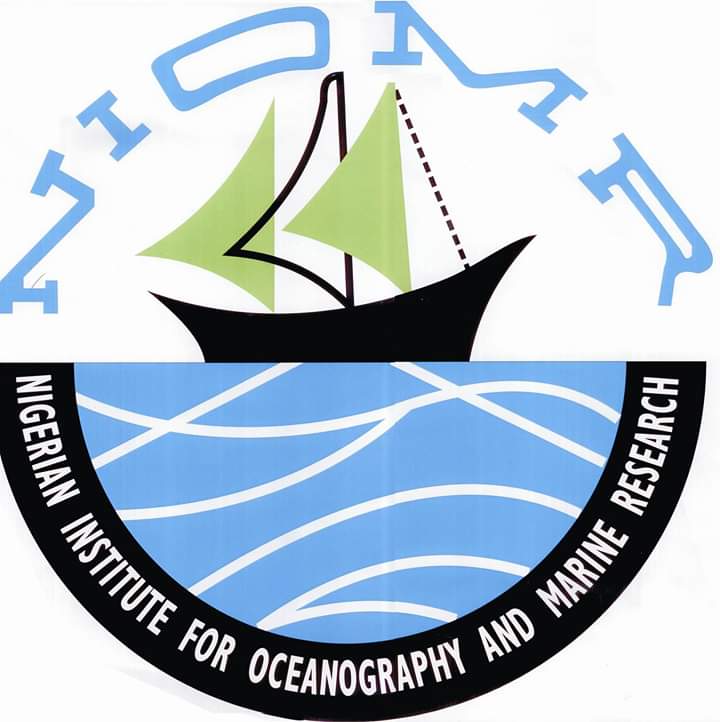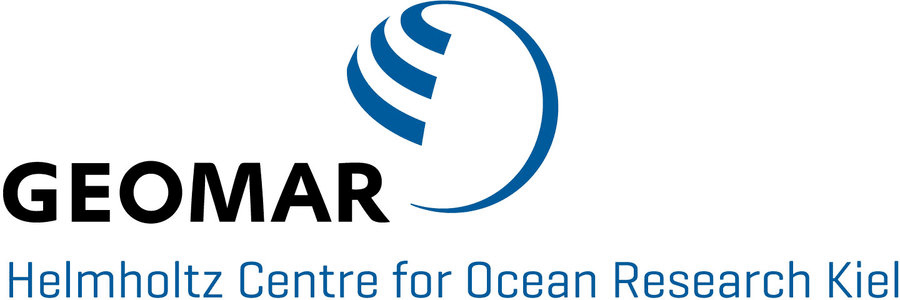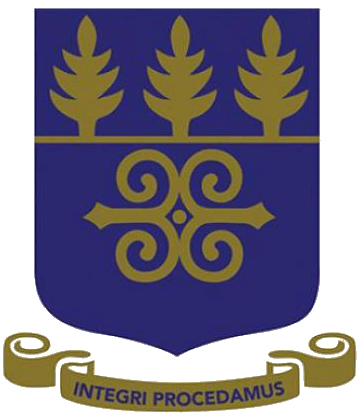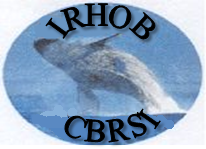Acquisition of Oceanographic Data for Sustainable Resources Management in the Gulf of Guinea
Overview
The Gulf of Guinea (GoG) is an important global resource. Ranked among the most productive coastal and offshore waters in the world, the Guinea Current Large Marine Ecosystem is rich in fishery resources, petroleum production and is also an important global region of marine biological diversity. The large human populations of about 40% of the region’s 280 million heavily depend on the lagoons, estuaries, creeks and inshore waters surrounding them (UNDP-GEF 1999). The Gulf is recognised by the countries bordering it as being very important and productive for their socioeconomic well-being. All along the coast, there are major urban human settlements as well as industries and harbours. Geomorphologically the coastal environment is characterized by lagoons, estuaries, bays, creeks, etc; which together with the open ocean provide a major source of livelihood for inhabitants. Despite the fact that the hydrography of the water column in the GoG was first reviewed by Longhurst (1962) and later through intervention of some programs such as FOCALSEQUAL, AQUALANT, EGEE-AMMA, PIRATA and SINO-AFRICA, there is still a paucity of information with respect to the linkage between physical and biogeochemical processes in this under-sampled and poorly understood region. Very little information presently exists for subsurface waters from depths of 1000m and beyond for essential ocean variables (EOVs) such as temperature, salinity, dissolved oxygen, chlorophyll, nutrients, etc. Information on bottom sediment characteristics are very few. More data on these EOVs are essential for better understanding of the dynamics of the ocean waters within this region and also key to sustainable management of the resources therein. This project is therefore proposed within the framework of implementing the United Nations Decade of Ocean Science for Sustainable Development, and to also contribute to the oceanographic information for the African region on the global ocean science map which is presently sparse.
Initiation of oceanographic network and regional databank is a very important project to be embraced by all countries within the West African sub region. Sea surface temperature in the Gulf of Guinea varies at seasonal and inter-annual time scales, and thus may have a strong impact on climate (West African monsoon onset and intensity), precipitation (water resources), and fisheries. The project aims to obtain data on seawater characteristics up to the 500m isobath within the Gulf of Guinea region. This will provide salient information for physical, chemical, biological and geological description of the water column and sediment characteristics within this region. The project’s main motivations shall be to collect oceanographic data to complement the completed and ongoing international programs within the Gulf of Guinea region, establish and maintain in-situ long term network of measurements within the Gulf of Guinea, and also incorporate training and local capacity building. The dearth of in-situ information on the characteristics of offshore water environment within the Gulf of Guinea can be addressed by systematic investigation of transects within the Gulf of Guinea which can provide useful data for the description of the water column. Such data will complement the information available from remote sensing and operational ocean model systems, such as CMEMS, which need to be verified by baseline oceanographic information for sustainable management of living and non-living resources within the Gulf of Guinea basin. The data acquisition exercise will not only enable us to have a rich oceanographic database needed for better understanding of the prevailing processes and available resources ascribable to this region, but would also serve as means for enhanced collaboration with international projects and programs operational within this region, providing ocean information for human and economic security.
How the Oceanographic Data Acquisition GoG Project contributes to POGO priority areas
This project will contribute towards the UN Decade of ocean science for sustainable development (2021-2030) and on-going African Decade of Oceans and Seas sustainable development program. The project shall contribute immensely to the regional and global assessment of the linked oceans; building of models to determine marine and coastal health, making long range weather forecasts, and predicting climate variations and change. As part of POGO’s agenda to foster collaboration among members towards contributing to the development of the global agenda for ocean observing, a unified global network to systematically acquire, integrate and distribute oceanic observations shall be implemented through this collaborative project.
In order to fulfil one of the goals of POGO in building community of ocean scientists, this project will bring together marine scientists from five African countries within the Gulf of Guinea region (Nigeria, Benin, Togo, Ghana and Côte d’Ivoire), in partnership with oceanographers from GEOMAR, Germany and potentially other partners from Europe and connected to the international AtlantOS framework. The main goals shall therefore be: –
- To establish a regional oceanographic databank needed for studies on the analysis and monitoring of ocean and climate conditions within the Gulf of Guinea, their influence on the regional climate, and sustainable management of living and non-living resources (e.g. identification of potential fishing zones)
- To promote regional capacity building through academic/research institutions and shipboard trainings
- To develop and maintain a long-term ocean monitoring network within the Gulf of Guinea region
- To assist governments through research and development in implementing sustainable economic policies on living and non-living resources, which are geared towards sustainable societal livelihood
Status: Complete Project
Year: 2020-2022
Project Participants
Leader
- Nubi Olubunmi, NIOMR, Nigeria
Participants
- Martin Visbeck, GEOMAR, Germany
- Edem Mahu, University of Ghana, Ghana
- Zacharie Sohou, IRHOB, Benin
- Brice Mobio, CURAT, Cote d'Ivoire
- Dieudonne P Adjoussi, University of Lomé, Togo
Related Training Initiatives
2020 NF-POGO Shipboard Training onboard the Gulf of Guinea cruise





